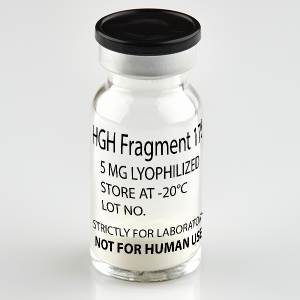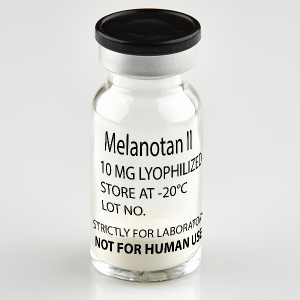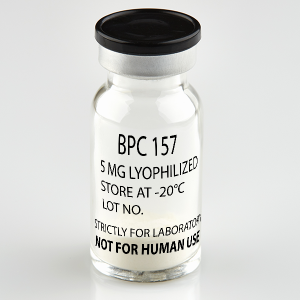Peptide Blog
IGF-1 DES is a truncated version of IGF-1 in which the tripeptide Gly-Pro-Glu is absent from the N-terminus end of the protein. It is actually a naturally occurring variant of IGF-1 and has been found in the human brain, cow colostrum, and pig uterine tissue. IGF-1 DES is 10 times more potent than IGF-1 in stimulating hypertrophy and proliferation of cells because it is not affected by IGF-1 binding proteins and therefore is more bioavailable. There is interest in using the peptide to induce anabolism in catabolic conditions (e.g. chronic illness) and in the treatment of inflammatory bowel disease[1, p. 1].
IGF-1 DES has also been of keen interest in the treatment of a number of neurological and neurodevelopmental conditions. Researchers investigating autism and autism spectrum disorders have found that IGF-1 and its analogues have potent effects on the synaptic health neurons. In animal models of autism, IGF-1 DES and IGF-1 have relieved symptoms and improved a number of the behavioral aspects of the condition.





